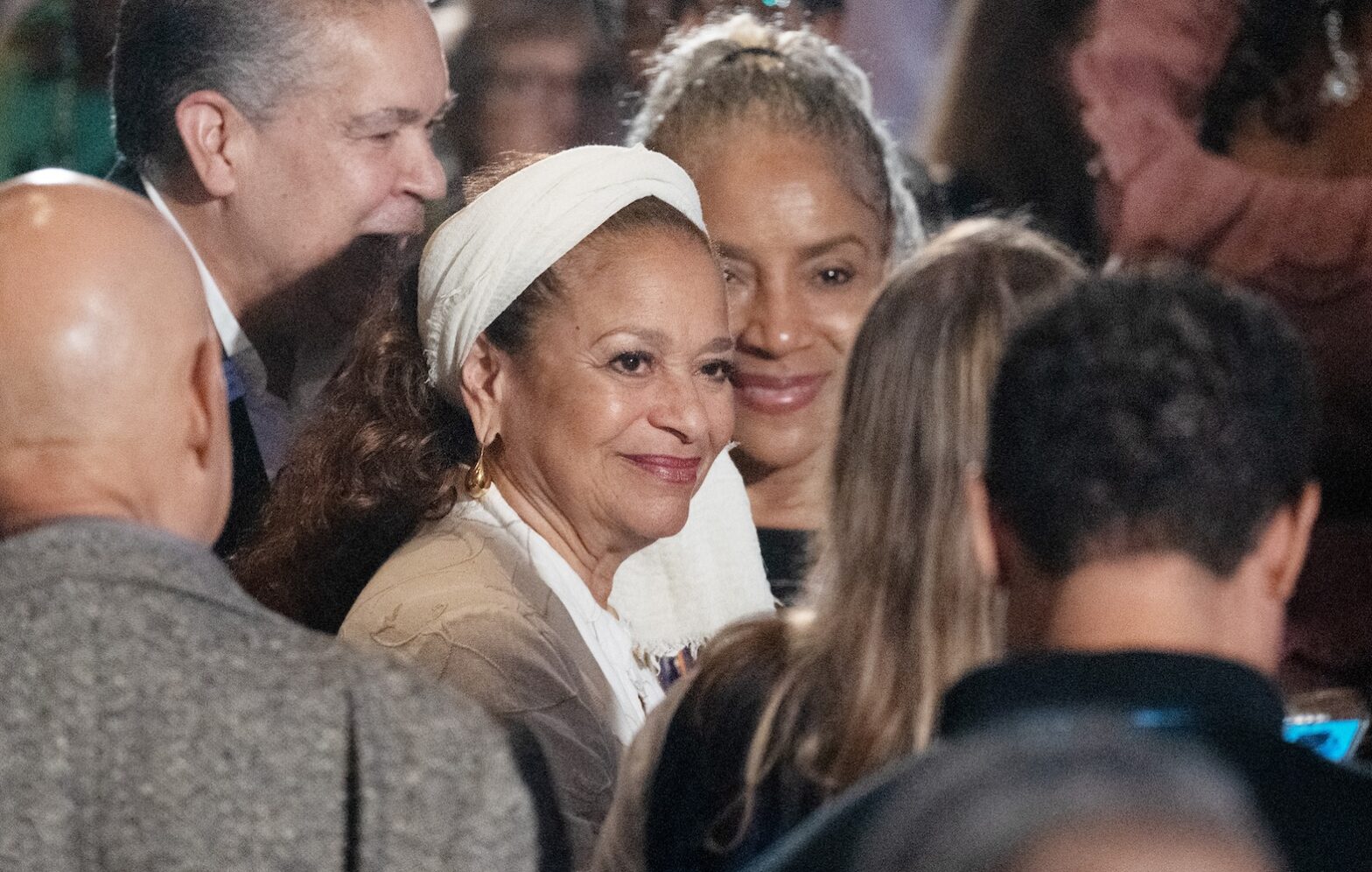This week, we want to highlight the work of Corey Ponder. Corey is a native of the Atlanta area; Clayton County to be exact. His parents allowed him to explore any interest that came to him as a child. Whether it was competing in sports or using his creativity to think up games like Cowboy Ninja Turtles.
He always had a love for learning, creating things, and music. After attending Vanderbilt as a pre-med major for a few years, he shifted his focus to Political Science. He went on to UC Berkeley for his Masters in Public Policy and then ended up in D.C. where he worked for the CIA for 6 years.
Corey now works for Google in California, where he serves as a policy advisor. We spoke with him to learn more about the work he is doing and what “The Marathon Continues” means to him.
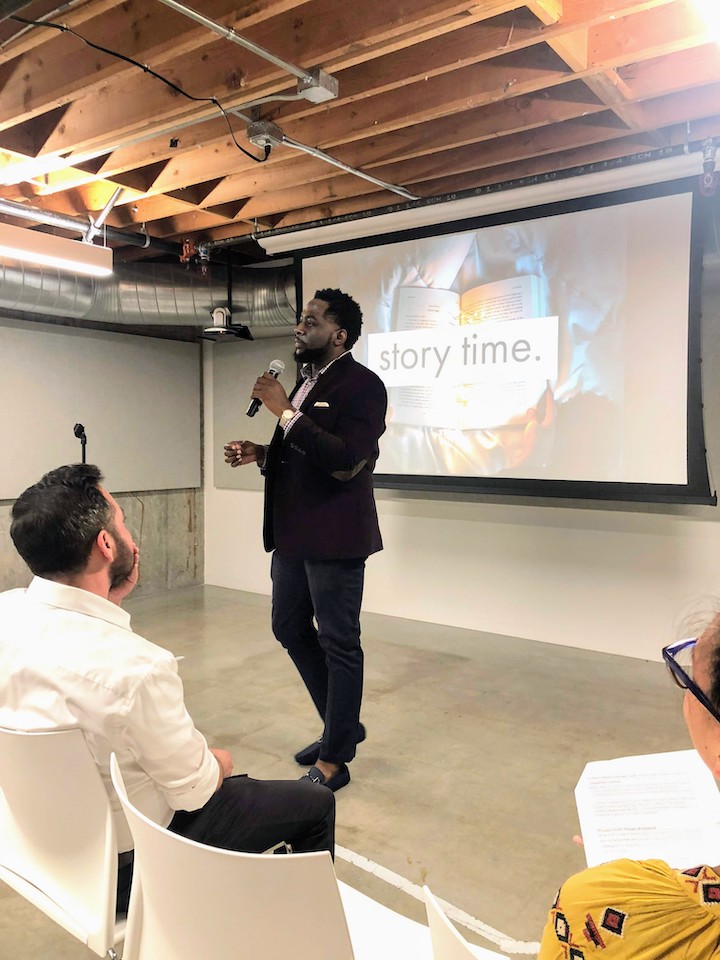
Related: Nipseys Around The World: Johnny Bailey
Travel Noire: Why is it important to change your community?
Corey: I think a lot about community in the context of the Rev. Dr. Martin Luther King, Jr’s Letter from a Birmingham jail. His goal was to get his fellow white clergymen to see his suffering and the suffering of other black people as a common struggle. As I boil this thought down to its essence, it means we have a responsibility to show up for our communities — not just because it is morally the right thing to do, but because the community’s success is also my success, and the communities struggle is my own. My narrative is interwoven with stories of others, and I can’t be my best self If I am unwilling to help others achieve or see their best stories be realized.
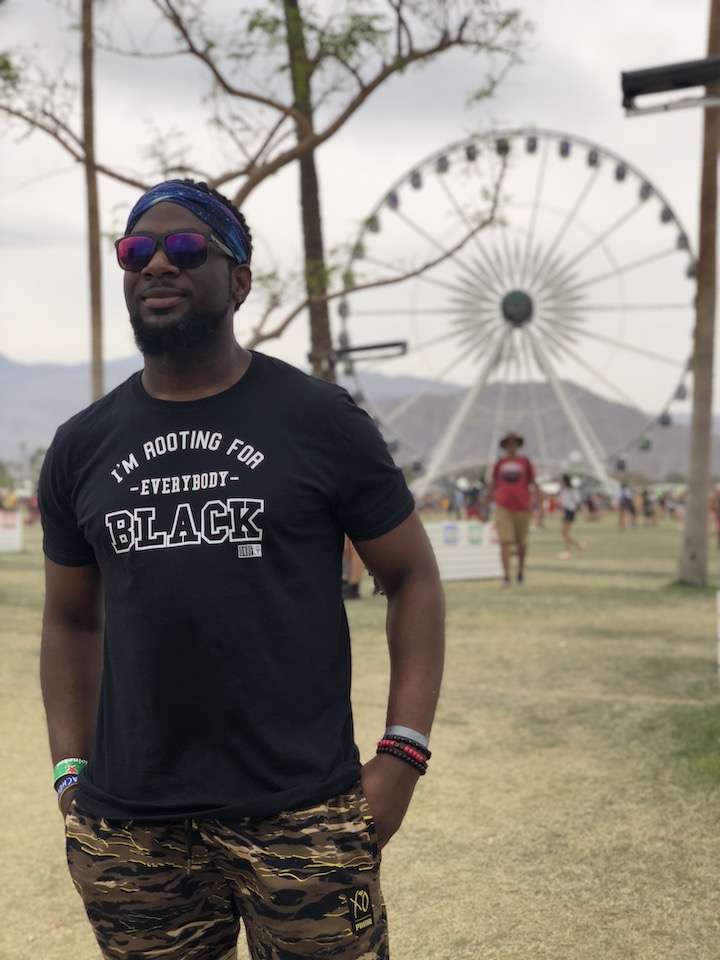
TN: How are you doing this?
Corey: I have prioritized mentorship and supporting organizations that make it their mission to build capacity and support the development of young people of color. More recently, I have found my calling through my work on defining allyship and creating practical frameworks to help individuals understand what it entails, confront ugly truths about themselves, and utilize their privilege and influence to support communities of color in achieving equity across society. My business, em|PACT Strategies, is an outgrowth of work that I have been doing over the last ten years in different professional settings.
I build inclusion by teaching empathy and shift the conversation from “how can people of color learn to navigate difficult spaces” to “how can white people become comfortable enough with discomfort to speak up or act as though my equality and other’s that look like me is within their own self-interest.”

TN: What does “the marathon continues” mean to you?
Corey: We are descendants of warriors that fought for change that many did not expect to see in their lifetime. That is what “the marathon continues” means to me. Understanding that the work we do today isn’t just about us, but about generational elevation. Lasting change is achieved through starts, stops, and hiccups, where the trend line overlaying these moments is moving up and to the right. Years ago, I wrote an article called Change is ugly. Change is beautiful, where I said “From the most global issue to the most personal desire, change – to make or become different – comes with living, yet is rarely a process that can be predicted or controlled.
“The marathon continues” means being like Moses, you see the promised land and know that you won’t make it there in your lifetime.
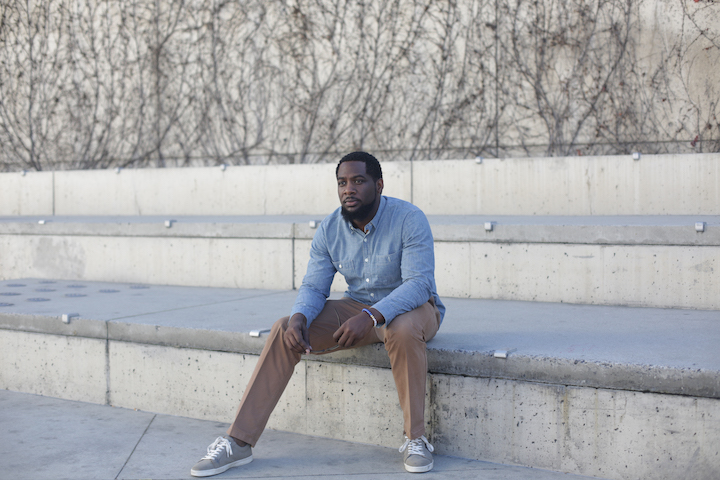
TN: What has been a memorable moment in your giving back?
Corey: One of the first service roles I took on in DC was as a Team Leader working with AmericaCorps City Heroes and Young Heroes program. Every Saturday morning I would wake up and lead two groups, one with middle schoolers and one with high schoolers.
The conversations, insightfulness, and awareness of the students always surprised me. I remember the conversation on gentrification in particular, and how the kids — middle school and high school alike — could very clearly identify how their community was changing in ways that left them behind, even if they hadn’t yet learned the concept of gentrification. Their stories were the second thing. It was at times crushing and other times inspirational to hear the experiences that some of the kids had already had in life by age 12 or 15, and how they still somehow could find joy and hope. Their resilience was medicine for me, even as I showed up to be a support to them.
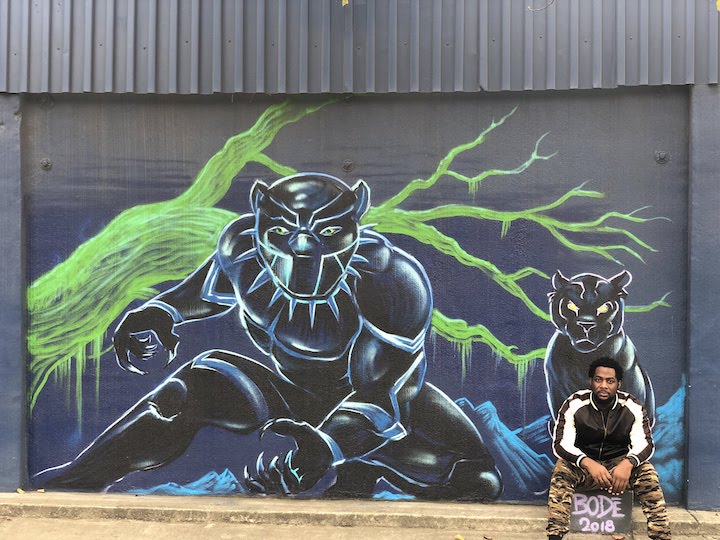
TN: Where can we find you online?
Corey: You can find me on IG, FB, Linkedin and Twitter with the handle @coreytponder. You can also follow the projects I am working on at www.coreyponder.com or my business at www.empactstrategies.com.


